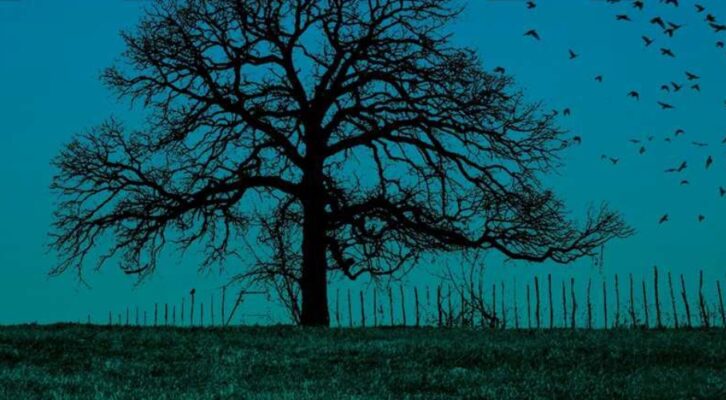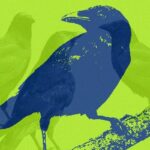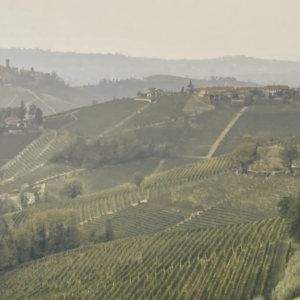
Susan Orlean: “In the End, What Matters is Noticing.”
In Conversation with Maris Kreizman on The Maris Review Podcast
This week on The Maris Review, Susan Orlean joins Maris Kreizman to discuss her new book, On Animals, out now from Avid Reader Press.
*
On living alongside the animal kingdom:
We have the animals who live inside our house. We have animals that if you ran into them in a wooded area by yourself you’d be scared. And then we’ve got this universe of animals that we live with in a different way. They’re not in our homes, but they’re not wild. It’s domesticated livestock and donkeys and mules and the animals that we’ve forged a certain kind of relationship with that’s different from pets. That intrigues me. How do we navigate those very different relationships from our dog to a lion and everything in between? This is a kingdom of animals, and there’s a whole parallel universe of animals that we share planet Earth with. Sometimes the overlap is a little uncomfortable. We’re grappling all the time with this issue of human settlement spreading into more wild areas and what that means.
*
On life (and death) on a farm:
Living on a farm was the first time I’d really grappled with the transitional nature of animal life. When you get a dog you feel like you have 12 good years, and we all mourn the loss of our dogs and cats enormously. Life and death on a farm is practically an everyday occurrence. It’s something that when I first got chickens I thought, I will give my chickens the best life, I’ll let them loose every day, let them wander and enjoy themselves in freedom. We had 55 acres, lucky chickens. And very quickly two of them got killed and I was devastated. I replaced them, and then again I lost more chickens and I began realizing that everybody likes to eat chickens: hawks, owls, dogs, coyotes, raccoons, you name it. You are contending with that fact of life in a very regular and immediate way. On a farm, you have to face death as a fact of life.
*
On the goal of writing:
My job and my goal is to bring people to notice, whatever it is. This is all about noticing the world around you. You notice things that make you uncomfortable, you notice things that delight you, you notice things that confuse you. But in the end what matters is noticing. That is for me the single moral obligation for people who want to inhabit human society: to always be noticing. I think you can notice, and as a journalist and writer, take people gently by the sides of their cheeks and turn their heads and say notice this. This is a very interesting situation that raises all sorts of moral questions. I don’t think it’s necessary for me to say this is right, this is wrong. I think what’s necessary is for me to bring you to notice.
*
Recommended Reading:
Nightboat to Tangier by Kevin Barry • In the Dream House by Carmen Maria Machado
__________________________________
Susan Orlean has been a staff writer at The New Yorker since 1992. She is the New York Times bestselling author of seven books, including The Library Book, Rin Tin Tin, Saturday Night, and The Orchid Thief, which was made into the Academy Award–winning film Adaptation. She lives with her family and her animals in Los Angeles.
The Maris Review
A casual yet intimate weekly conversation with some of the most masterful writers of today, The Maris Review delves deep into a guest’s most recent work and highlights the works of other authors they love.



















